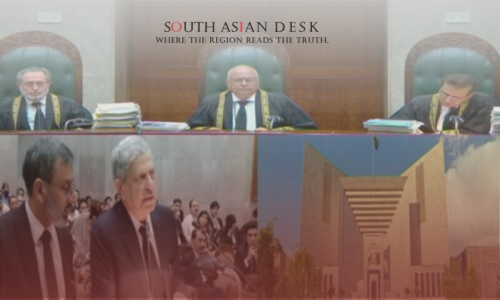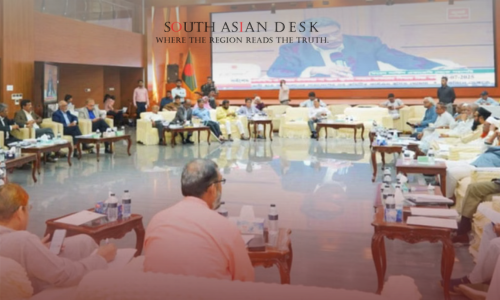The recent ruling by Pakistan’s Constitutional Bench, led by Justice Aminuddin Khan, on reserved parliamentary seats has sparked significant concern about its potential to destabilize the country’s political landscape. By a 7–3 majority, the 10-member bench declared the Pakistan Tehreek-e-Insaf (PTI) ineligible for 39 reserved seats, overturning an earlier decision. This verdict could reshape the balance of power in the National Assembly and provincial legislatures, potentially triggering a fresh wave of political uncertainty.
The decision stems from a legal dispute over the allocation of reserved seats, which are designated for women and minorities to ensure diverse representation. The bench’s ruling hinges on procedural and constitutional grounds, arguing that PTI failed to meet specific legal requirements for claiming these seats. However, this outcome has raised questions about its broader implications for Pakistan’s fragile democratic framework. Posts on X reflect a polarized sentiment, with some users viewing the decision as a blow to PTI’s electoral influence, while others see it as a necessary adherence to legal norms.
Critics argue that the verdict could exacerbate existing tensions within Pakistan’s political system, particularly at a time when coalition dynamics are already strained. The loss of reserved seats may weaken PTI’s legislative presence, potentially emboldening the ruling coalition but also fueling accusations of judicial overreach. Supporters of the decision, however, maintain that it upholds constitutional integrity by enforcing eligibility criteria.
The ruling’s timing is particularly significant, as Pakistan grapples with economic challenges and ongoing security concerns. A weakened opposition could disrupt parliamentary balance, making it harder to address pressing national issues through consensus. Historical precedents, such as past disputes over reserved seats, suggest that such decisions often lead to prolonged legal battles and public unrest, further straining governance.
As the situation unfolds, stakeholders across the political spectrum are bracing for potential fallout. The decision’s long-term impact on Pakistan’s democratic stability remains uncertain, but it underscores the delicate interplay between judicial authority and political representation. Southasiandesk.com will continue to monitor developments and provide updates on this evolving story.
Published in SouthAsianDesk, June 29th, 2025
Follow SouthAsianDesk on X, Instagram and Facebook for insights on business and current affairs from across South Asia.






